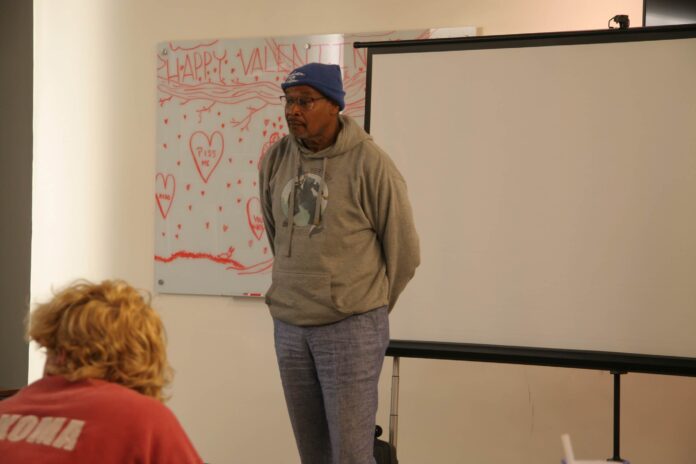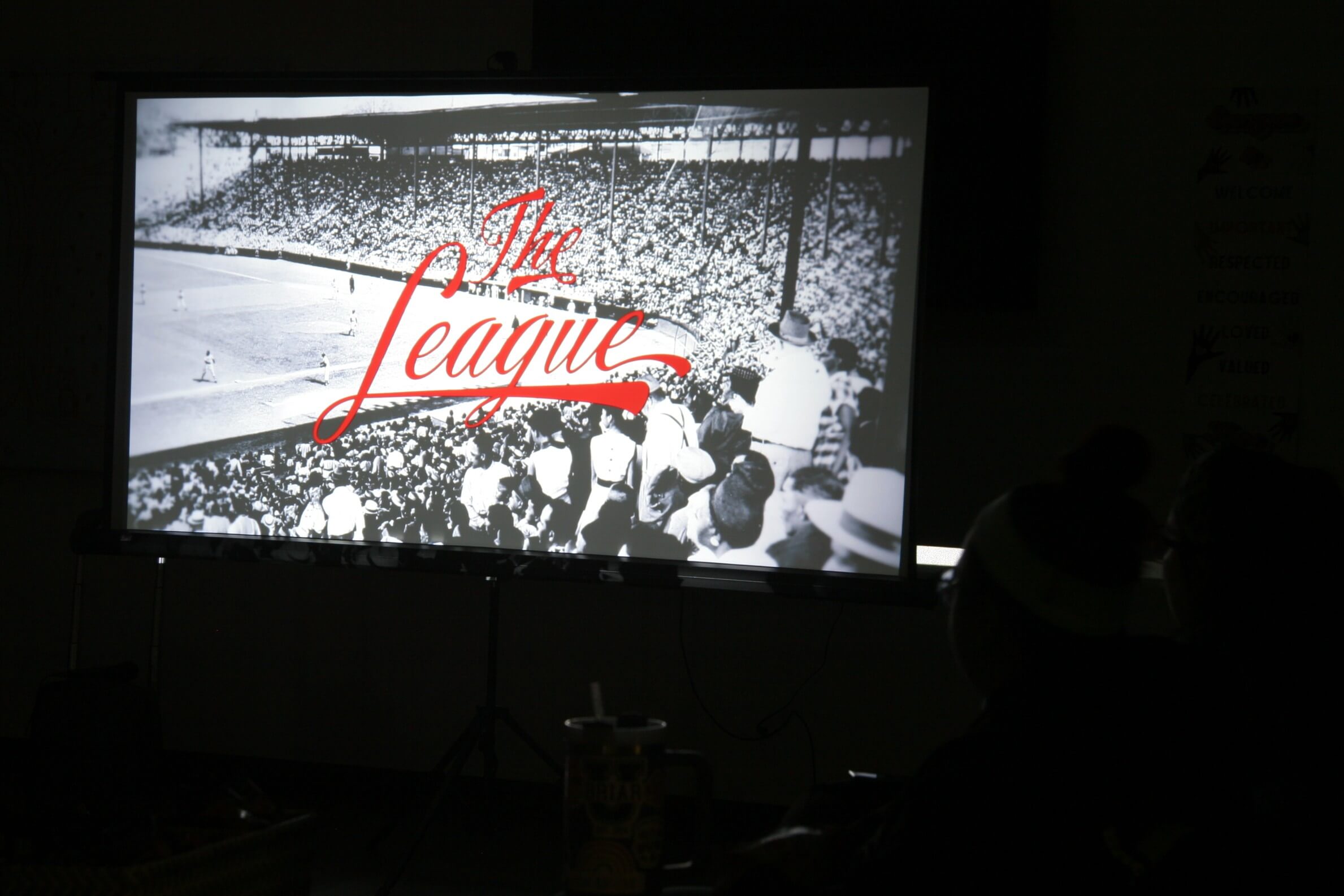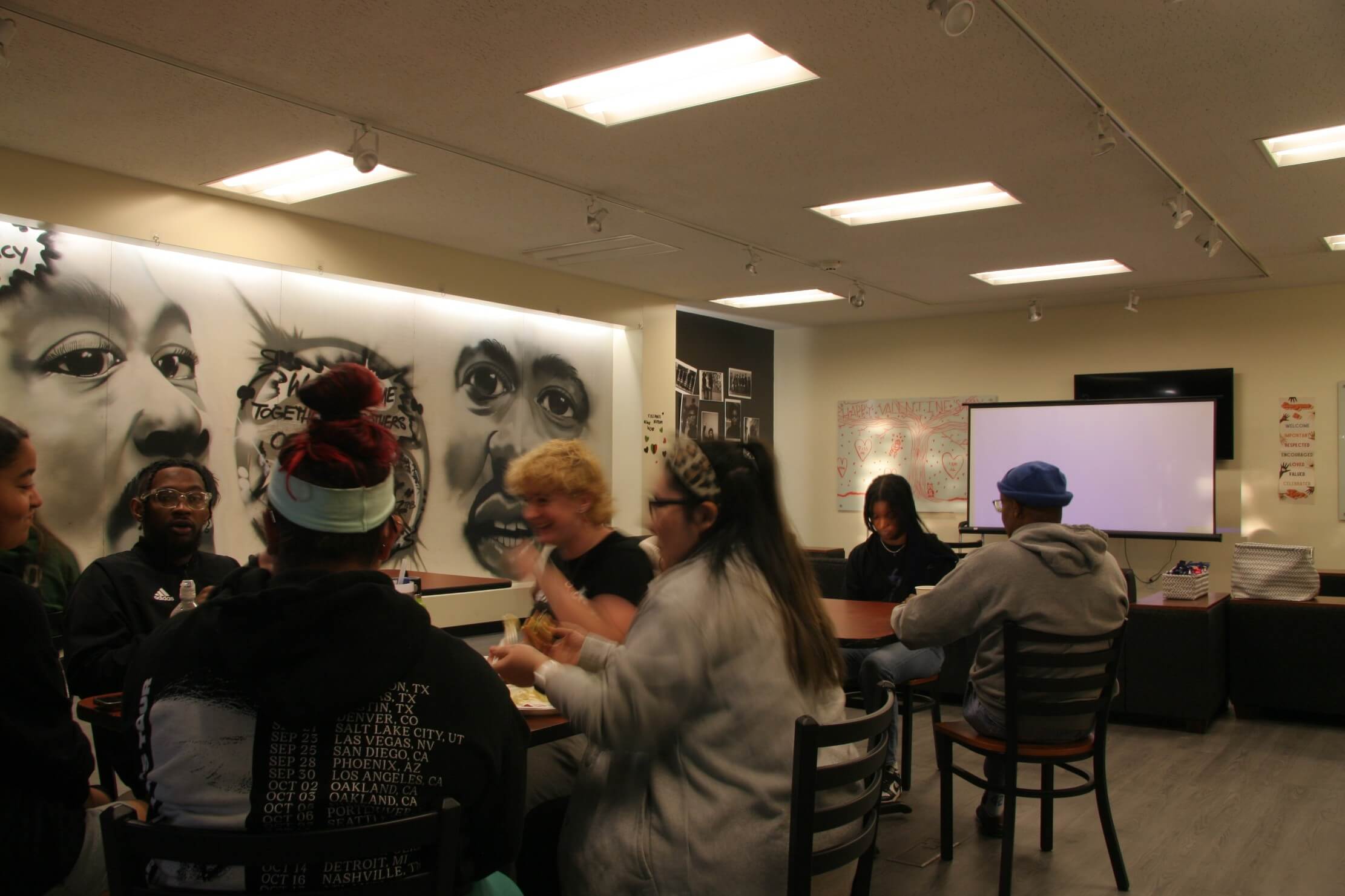
Byron Motley grew up to the melodies of his mother’s piano, organ and voice. His father filled the house with stories that only the last living umpire of the Negro Leagues could tell. At every single Kansas City Royals home game, you could find the Motleys in the stadium. And right down the street, Motley said, lived the best pitcher to ever play baseball.
“We were a sports and music family,” Motley said. “I kind of inherited the calling from both of my parents. I’m truly their child because I was into everything that they were into.”
Today, Motley goes by several titles: author, singer, songwriter and photographer, to name a few. Aside from his endeavors on Broadway and his travels to Cuba to write a book, Motley compiled over 20 years of work into a project released in 2023, earning him another title: producer.
“Entertainment is my calling,” Motley said. “Whether it’s taking a photograph or doing music, writing songs, singing, [it] all kind of flows together for me, and those have been my calling through my life.”
Motley said such a calling, coupled with being surrounded by baseball his entire life, led him to produce a documentary about the game of baseball and what Black players gave to the lifeline of the sport and the Black community.
Titled “The League,” the documentary explores the history of Black people in baseball — from Moses Fleetwood Walker, the first Black man to play in Major League Baseball (MLB), to Jackie Robinson, who broke the color line in baseball in 1947 — and uncovers the achievements and adversities of the Negro Leagues. Executive producer of the film, Motley said he must have interviewed at least 45 former players — one of them being Baseball Hall of Fame’s Hank Aaron.

“There’s so many stories that developed through the course of all the interviews I did with former players and their wives and some of their children and the historians who have studied the history as much as I had,” Motley said. “Meeting those [players and] sitting in the room talking to them, hearing their stories, it was amazing and, you know, trying to keep quiet while they’re talking because I wanted to scream or laugh, or [go,] ‘Oh my God!’”
Motley was invited to Occidental Feb. 15 by the Intercultural Community Center (ICC), Student Leadership, Involvement, & Community Engagement (SLICE) and the Occidental Athletics’ Justice, Equity, Diversity and Inclusion (JEDI) Committee. In an event to celebrate Black History Month, Occidental students and staff joined Motley in Pauley Hall’s MLK Lounge for dinner, a screening of the documentary and a Q&A to conclude the night. Cori Vallembois, Coordinator of JEDI Programming, said JEDI is always looking for ways to collaborate with other campus organizations.
“It is important to share the history and perspectives of marginalized communities, and the fact that this story was directly tied to sports was a great way to bring a part of athletics to the entire Oxy community,” Vallembois said via email.

At the time of the event, Occidental men’s baseball team had practice — but Malcolm Munnich (first year) and Jason Clark (first year) said that their head coach, Luke Wetmore, encouraged them to leave practice early to watch the documentary.
“For me, I’ve always been interested in baseball history. That’s a passion of mine,” Munnich said. “One of the things so cool about the game is how much history there is.”
Munnich said while some of the information in the documentary was familiar to him, such as the people and players who were mentioned, “The League” had a new perspective he hadn’t seen before, especially from the documentary’s pictures and interviews.
Bob Motley, Byron Motley’s late father, appears in the documentary, who Motley said was one of his heroes. Bob Motley was the last living umpire of the Negro Leagues, and he served in World War II with the first-ever Black Marine regiment, passing away in 2017.
“There’s so many stories out there and the guys who never, and the women who never got to make it to the majors who were just as good ball players as everybody else was,” Motley said. “My father, being an umpire, never got to make it to the majors, but he was, believe me, an amazing umpire.”
Motley’s mother and his musical upbringing also made a substantial impact on the documentary and the vision Motley had for it; he said he fought for making the music used in “The League” as authentic of the time as possible — “the authentic themes and the sounds” of what people would have listened to or sounded like during that time. What also inspired Motley to tell more of the musical story, he said, was the fact that three well-known musicians of that era — Cab Calloway, Bill “Bojangles” Robinson and Louis Armstrong — all owned Black baseball teams.
“I initially thought this would be a great story about the music of the era and how baseball and music were kind of the through line of not only my life, but the through line of the Negro Leagues. There were so many musicians who were involved with different teams, and music was such a big deal at that time in the country and still is,” Motley said. “I thought that would be a great documentary but [“The League”] just kind of just thrived into being. I was learning more and more about what the Leagues are all about. So that’s why the documentary became like it is now.”
“The League” illustrates how Black players’ specific style of play heavily influenced the game of baseball — a “scrappier, hit-and-run, base-stealing style of play” as described by journalist Dave Davies in his article for NPR “The Negro League revolutionized baseball — MLB’s new rules are part of its legacy.”
“It was interesting to see how their play style, back in their day, sort of mimics what we try to do as a program at Oxy,” Clark said. “But [from watching the documentary,] it was unique to see a different side of baseball that I had never seen before.”
Motley said young people should find what makes their passions special, question what makes it so important and to have fun.
“[Let] yourself evolve in the best way that you can to make more of an impact on people. These players of the Negro Leagues made an impact on everybody who saw them play and everybody who learned about what they were doing at that time — just making the impact as best as you can,” Motley said.
Motley’s favorite baseball player? Just the old guy that lived down the street. Who, without a doubt, according to Motley, was the most premier, incredible pitcher of his era.
“If I have a favorite player now, well, back in the Negro League, it would definitely have to be a Satchel Paige because he was really unique and one of a kind,” Motley said. “Just from the stories I heard from my father and everybody I ever talked to, they always had a Satchel Paige story to tell.”
Contact Emma at echo2@oxy.edu.
![]()






























